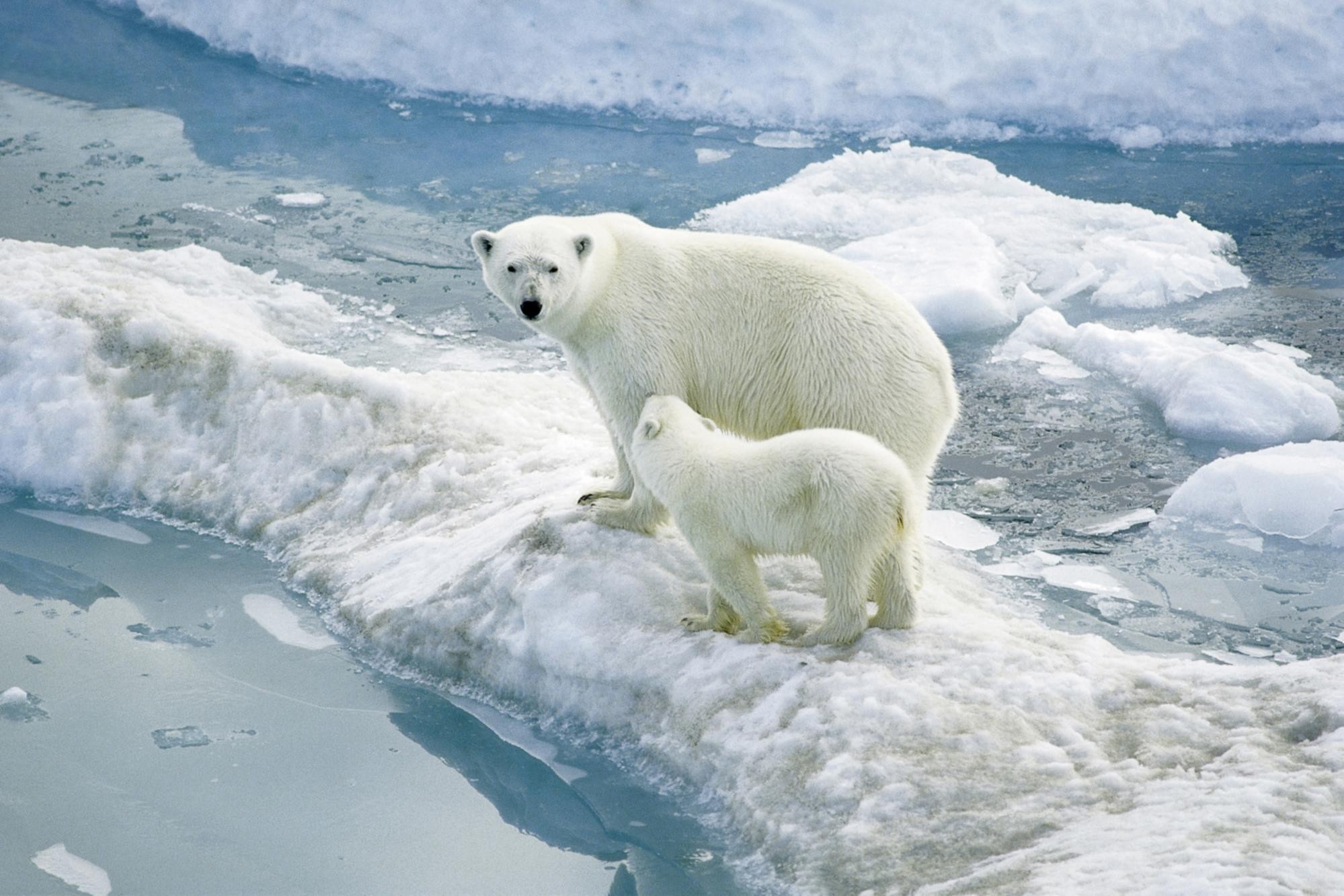
In 2008, there were efforts to categorise bears as an endangered species. The main objective for undertaking the move was not because of over-hunting, but because bear habitats have been shrinking each year. This effort was highly publicised because it not only highlighted the plight of bears but also showed the effects of global warming on animal habitats, which are just as serious as the effects on people.
Significance
Polar bears are not the only animals who are finding that the natural habitats they depend on are disappearing. The effects of global warming on animals goes beyond rising temperatures. Global warming affects different aspects of the lives of animals including habitats, food and migrations. These are some of the most important aspects of animal life. However, there are other often species-specific effects. Global warming and other environmental pressures have negative effects on many animal species.
Habitat Loss
This is one of the most significant effects of global warming on animals. Some species rely on low-lying islands for their habitats. It is sad that such animal species may find their habitats slowly being submerged due to rising sea levels.
Trees and plants are no longer growing normally and are susceptible to diseases because the planet is becoming warmer. Animals that depend on these tree species for survival suffer when the trees die. Weather patterns have changed significantly.
Many of the world’s deserts are expanding and edging out other environments and animal populations. Global warming has significant effects on coastlines. This affects the animals that live along the coastlines.

Loss of Food
Global warming affects animals’ food supplies in unexpected ways. An example of an animal species that has been affected the most by dwindling food supplies is the lemming. Global warming affects lemming populations. Many animals depend on lemmings for food. Some of these animals time their reproductive cycles with the availability of lemmings so that they get their young when there are most lemmings. Lack of lemmings affects many animal species. This pattern repeats itself in many places around the world. Global warming causes trees and plants to bear fruits too early or too late. Some of the animals that depend on the trees and plants end up starving.
Migratory Patterns
Many animals migrate to different locations in search of food. These animals are also affected by global warming. One of the effects of global warming is a lack of habitats on both sides of the migration route.
Another effect is shifting migratory patterns. Animals are forced to travel further north into the poles or higher elevations and end up competing with already established species. Some animals depend on seasonally linked phenomena such as availability of seasonal foods and presence of ice on seas and lakes. These animals suffer when the weather related phenomena are not available at their usual seasons or times of the year.
Considerations
The effects of global warming on all animal species are not easy to determine until the animals start coming under pressure. For example, the effects of global warming on lemmings were not noted until people in Scandinavian countries noticed a decline in the number of lemmings in their surroundings.
Wildfires have been reported in many countries in the world including the U.S. and Australia among others. The frequency of wildfires, earthquakes and flooding has been on the rise. This is attributed to global warming.
Wildfire numbers increase due to increasing temperatures. Earthquakes could be the result of glacier disintegration in the Arctic Circle and flooding a result of rising sea levels. Global warming has many effects on animal habitats including expanding deserts, severe storms and frequent fires. Some animal species face extinction because of global warming.
Featured images:
- License: Creative Commons image source
Frank Davies has conducted an in depth study on the affect that global warming is having on wildlife. By day he works for AmberGreen.







